The views expressed in our content reflect individual perspectives and do not represent the authoritative views of the Baha'i Faith.
It began like a joke–a Silicon Valley investor, a solar executive, a lawyer, a health care worker and a former coal miner walk into a bar in West Virginia. There was a preacher too.
But this was no laughing matter.
They were part of a group of thirty people gathered in Williamson, in southern West Virginia, two years ago, for a five-day Impact Experience to help revitalize this struggling coal-mining area.
An Impact Experience fuels transformation in marginalized communities by building strategic relationships between investors, foundations, companies and the entrepreneurs and local leaders they seek to support. People are engaged across different political, race, class, faith and non-faith backgrounds. The process introduces several Baha’i concepts, from providing grassroots communities the opportunity to determine their own agendas with regard to the regeneration of their communities, to focusing on diversity and dignity in pursuing entrepreneurial ideas, to enabling funders to engage with the community on an equal footing to co-create solutions. This is all achieved through respect, trust and building long-term partnerships.
….is there any deed in the world that would be nobler than service to the common good? Is there any greater blessing conceivable for a man, than that he should become the cause of the education the development, the prosperity and honor of his fellow-creatures? – Abdu’l-Baha, The Secret of Divine Civilization, pp. 103.
To get back to my story about Williamson – about half of the people involved in this Impact Experience lived nearby; the other half were investors, entrepreneurs and innovators who wanted to work with marginalized communities to co-create solutions to their problems.
By the end of those five days, one of the investors—Double Bottom Line Partners—had teamed up with Solar City to evaluate 300,000 acres of former coal mining land for use as solar energy stations, and to retrain coal miners to install solar panels and pitch solar energy to local residents. The former coal miner, now a physician, had pledged to convert a “pill mill,’’ which illegally dispensed opioids to addicts, into a center that would work to reduce the high diabetes rate in the area. The lawyer and others planned to return with their friends for a local road race, created by a man whose parents had died from diabetes and who had lost 100 pounds, in an effort to boost tourism.
Williamson, West Virginia has fought for survival since the coal business began shrinking; the community also battles some of the highest rates of obesity, diabetes, hypertension and opioid abuse in the country. It is clear that the status quo is not an option. The problems Williamson faces are not isolated. Across the United States, wealth inequality is increasing. The World Bank estimates 80% of the world’s population lives in dire poverty. Oxfam reports that the wealth of the richest 1% is equal to the other 99%.
The local participants in the Impact Experience felt a sense of optimism—but could they trust it? Was it really possible to change their fortunes, with support from unfamiliar outsiders? So many times before, good intentions had not made a difference. This time they felt a difference. One of the participants said later, “I’ve spent so much time … sharing the impact of our journey with my family and colleagues because it was such an incredible experience, one that is sure to facilitate positive change not only in our communities, but also in our lives.”
Since that Impact Experience which took place two years ago, the participants have continued to collaborate, and many have returned to West Virginia over the past couple of years. DBL introduced Revolution Foods to the community with the potential of providing affordable, healthy lunches to school children in West Virginia. Large technology companies have been supporting the community around broadband access. Initiatives are underway to create a destination management platform and eco-tourism opportunities, amongst other developments.
The outsiders said they had learned much from what Williamson had already done to address diabetes and drug abuse. For example, Dr. Beckett of the Williamson Health and Wellness Center achieved one of the highest reductions in diabetes reduction through a community health oriented approach. The people of Williamson, and all of the Impact Experience participants, wanted to replicate this type of successful meeting in other cities and share their story. (Currently similar efforts are under way in Puerto Rico, Georgia, Houston and a number of other places.) They also learned a thing or two about bluegrass dancing.
In this polarized land, it seems more important than ever to minimize what separates us and maximize what brings us together. More than 150 years ago, the Baha’i teachings proclaimed, “The earth is but one country and mankind its citizens.” – Baha’u’llah, Tablets of Baha’u’llah, p. 167.
What would it look like if we engaged the entire world based on this reality? The current path isn’t working and we need a new way. As we’ve learned at Impact Experience, connecting people and making decisions based on mutual respect and shared humanity can make a critical difference.
At the end of the meeting in Williamson the preacher wrote a song that borrowed from Dr. Martin Luther King, Jr.: “Darkness cannot drive out darkness; only light can do that. Hate cannot drive out hate; only love can do that.’’
The Baha’i teachings say it this way:
Do not despair! Work steadily. Sincerity and love will conquer hate. How many seemingly impossible events are coming to pass in these days! Set your faces steadily towards the Light of the World. – Abdu’l-Baha, Paris Talks, p. 30.


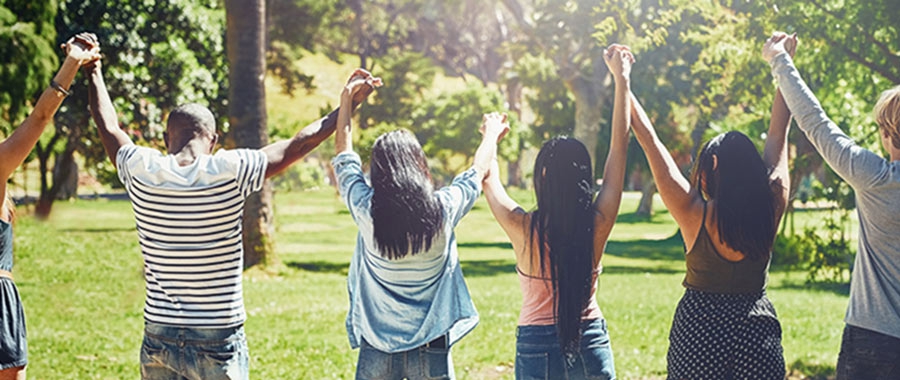
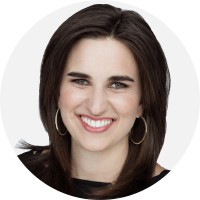
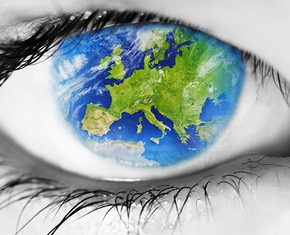
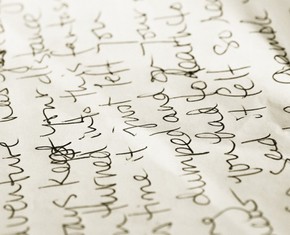
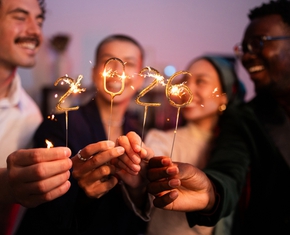









Comments
Sign in or create an account
Continue with Googleor